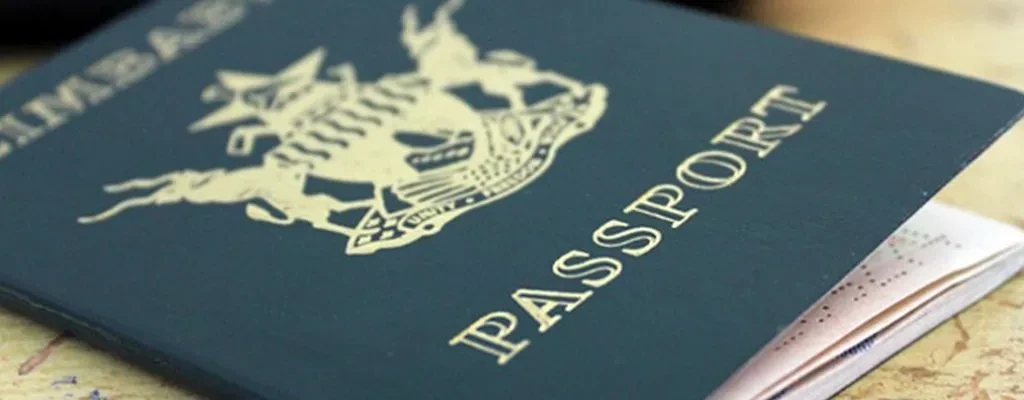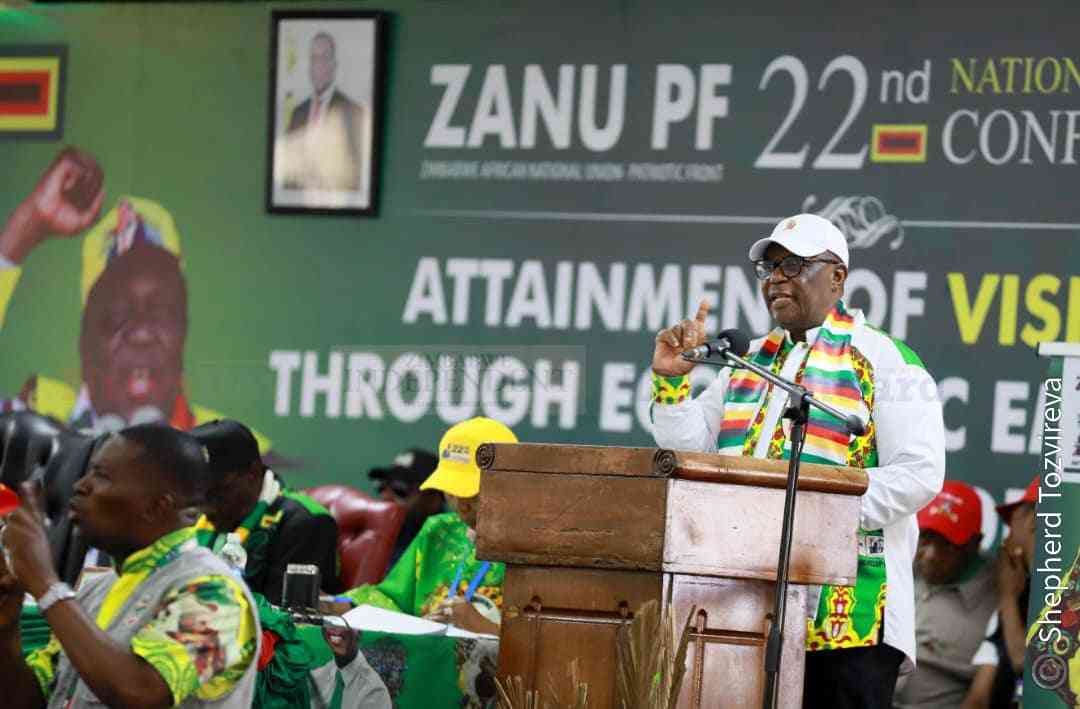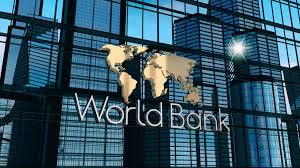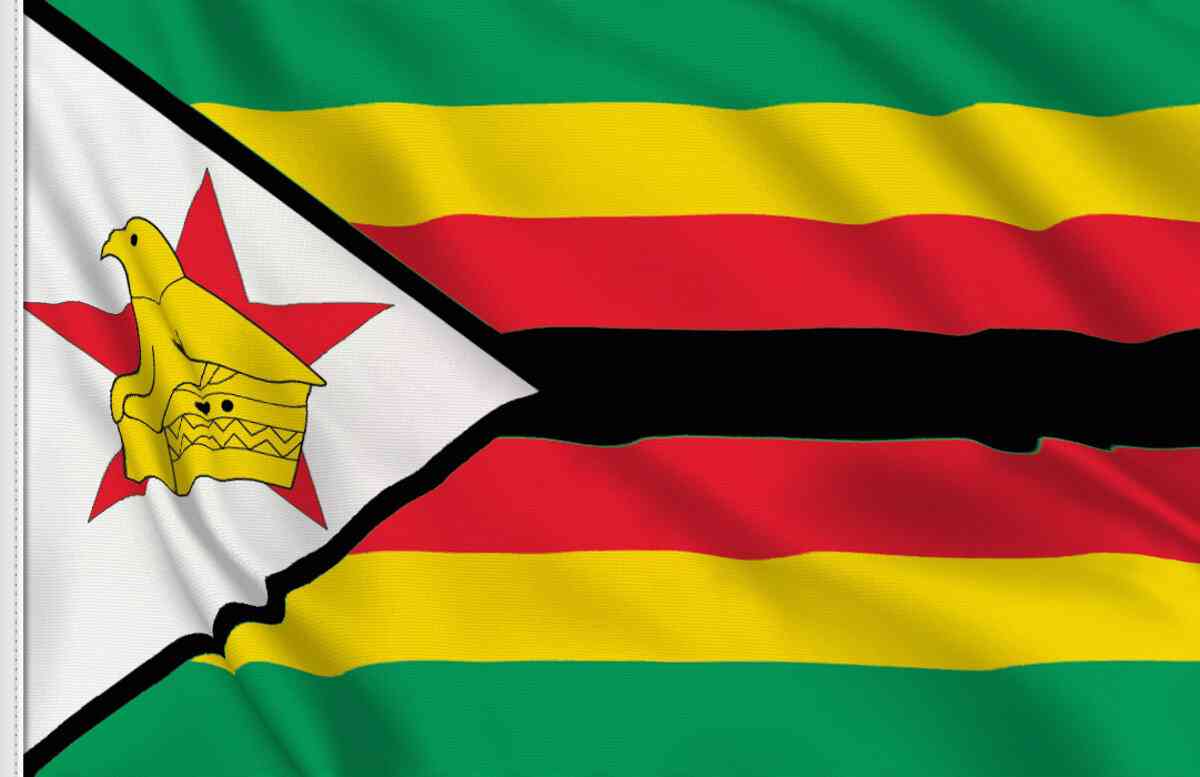
The move by the government to slash selected regulatory fees, especially in the agriculture sector, must be applauded because it will go a long way in improving the ease of doing business in Zimbabwe and also impact on the economic well-being of ordinary people.
According to analysis by the Confederation of Zimbabwe Industries (CZI), a total of 96 regulations which affect livestock farming, livestock processing, dairy farming, dairy processing and stockfeed manufacturing were reviewed.
Thirty four regulations were eliminated, with about 20 eliminated after being found to be duplications, CZI said. Only 17 regulations remained unchanged after the review, with only one regulation seeing an increase in costs after review, the industry representative body added.
The rest of the regulations were reviewed downwards by amounts ranging from 13% to 19%, the analysis noted.
Economic analysts such as FBC Securities see the spinoffs from the wide ranging reviews of the cost of doing business being felt gradually in the economy.
The sector wide reviews followed strong representations from CZI and other industry bodies, who noted that the high regulatory fees were a major hindrance in efforts to lure investors to Zimbabwe.
FBC said: “The ongoing government led reviews of the cost of doing business are expected to ease structural cost pressures on companies, potentially enhancing profitability and stimulating greater capital market activity.
“However, the impact of these reforms is likely to materialise gradually, with benefits becoming more visible over the medium to long term rather than in the immediate future.”
- Teachers, other civil servants face off
- Passport office contractor in row over payments
- Mthuli Ncube abandons struggling consumers
- Veld fire management strategies for 2022
Keep Reading
While we share CZI’s optimism, we would like to urge the government to go further and review some fees that touch the lives of ordinary people such as the cost of obtaining a passport.
Zimbabweans have to fork out a staggering US$170 to obtain an ordinary passport and US$270 to acquire an emergency travel document. Both fees include a US$20 additional charge for a QR code feature.
The fees are paid exclusively in foreign currency, which is another barrier for ordinary people seeking the highly sought after document.
A passport is one of the most important documents for ordinary Zimbabweans because of the economic situation that forces people to travel to neighbouring countries for basic necessities, including health care.
The government has not really bothered to explain why the Zimbabwean passport has to be that expensive, fuelling speculation that there are some who are benefiting from a deal with a foreign company to produce the documents.
To demonstrate its seriousness in the regulatory fees process, the government must seriously consider cutting the cost of obtaining a passport as a matter of urgency.










